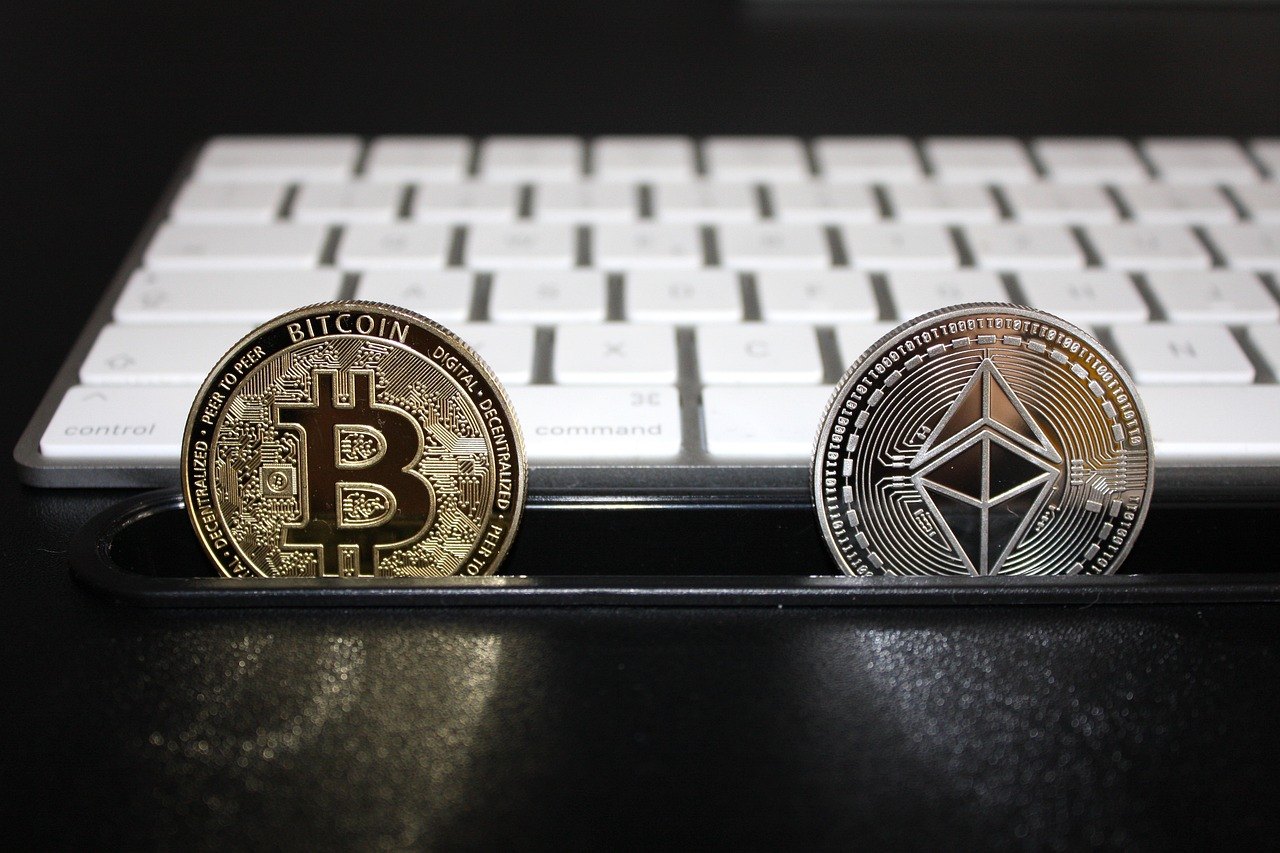TLDR
- Ray Kurzweil predicts AI will reach human-level intelligence by 2029 and the Singularity will occur by 2045
- Kurzweil envisions humans merging with AI through brain-computer interfaces and nanobots
- He believes AI will dramatically improve quality of life but acknowledges potential risks
- Critics argue Kurzweil’s predictions are overly optimistic and raise concerns about inequality
- Experts emphasize the need for ethical frameworks and regulations as AI advances
Ray Kurzweil, the renowned futurist and Google’s principal AI researcher, has reiterated his prediction that artificial intelligence will reach human-level intelligence by 2029 and that the Singularity – a point where humans merge with AI – will occur by 2045. In his new book “The Singularity Is Nearer,” Kurzweil explores the rapid progress of AI and its potential to transform society.
Kurzweil’s optimism about AI’s future is rooted in the exponential growth of computing power. He notes that one dollar now buys about 600 trillion times more computing power than when GPS was developed. This rapid advancement, he argues, sets the stage for revolutionary changes across various fields, from medicine to manufacturing.
The futurist envisions a world where humans merge with AI through brain-computer interfaces, ultimately using nanobots – molecule-sized robots – to connect our brains to the cloud. “We are going to expand intelligence a millionfold by 2045,” Kurzweil claims, suggesting that this merger will deepen our awareness and consciousness.
While Kurzweil acknowledges potential risks associated with advanced AI, he remains optimistic about its benefits. He believes AI will lead to dramatic improvements in quality of life, with technologies like 3D printers providing sufficient clothing and housing for everyone, and AI pioneering new medical treatments.
“As AI unlocks unprecedented material abundance across countless areas,” Kurzweil writes, “the struggle for physical survival will fade into history.”
However, Kurzweil’s predictions are not without critics. Many question whether his visions are overly utopian, particularly regarding the equitable distribution of technological benefits. Concerns about AI safety and ethical implications have been raised by other prominent figures in the tech world, including Geoffrey Hinton and Elon Musk.
The potential for AI to surpass human intelligence raises significant ethical, economic, and societal questions. Experts like historian Yuval Noah Harari warn of the loss of human agency and ethical concerns around surveillance and autonomy.
AI researchers Stuart Russell and Timnit Gebru emphasize the need for rigorous safety measures and ethical frameworks to guide AI development, cautioning that without these, advanced AI could pose significant threats to humans and perpetuate social inequalities.
As we approach the potential Singularity, policymakers and technologists face the challenge of developing robust regulatory frameworks.
Several states and localities have begun work on such frameworks to promote transparency, fairness, accountability, and privacy in AI systems. In 2024 alone, 429 bills related to AI were introduced in state legislatures.
Paul W. Taylor, writing for Government Technology, argues that the proximity of Kurzweil’s predicted Singularity gives humans a much-needed deadline. “We humans must be as active in deciding how AI will make decisions as it is while we still can,” Taylor writes, emphasizing the urgency of human oversight in AI decision-making processes.
The post Ray Kurzweil AI Predictions: Human-Level Intelligence by 2029, Singularity by 2045 appeared first on Blockonomi.

 2 days ago
7
2 days ago
7









 English (US) ·
English (US) ·